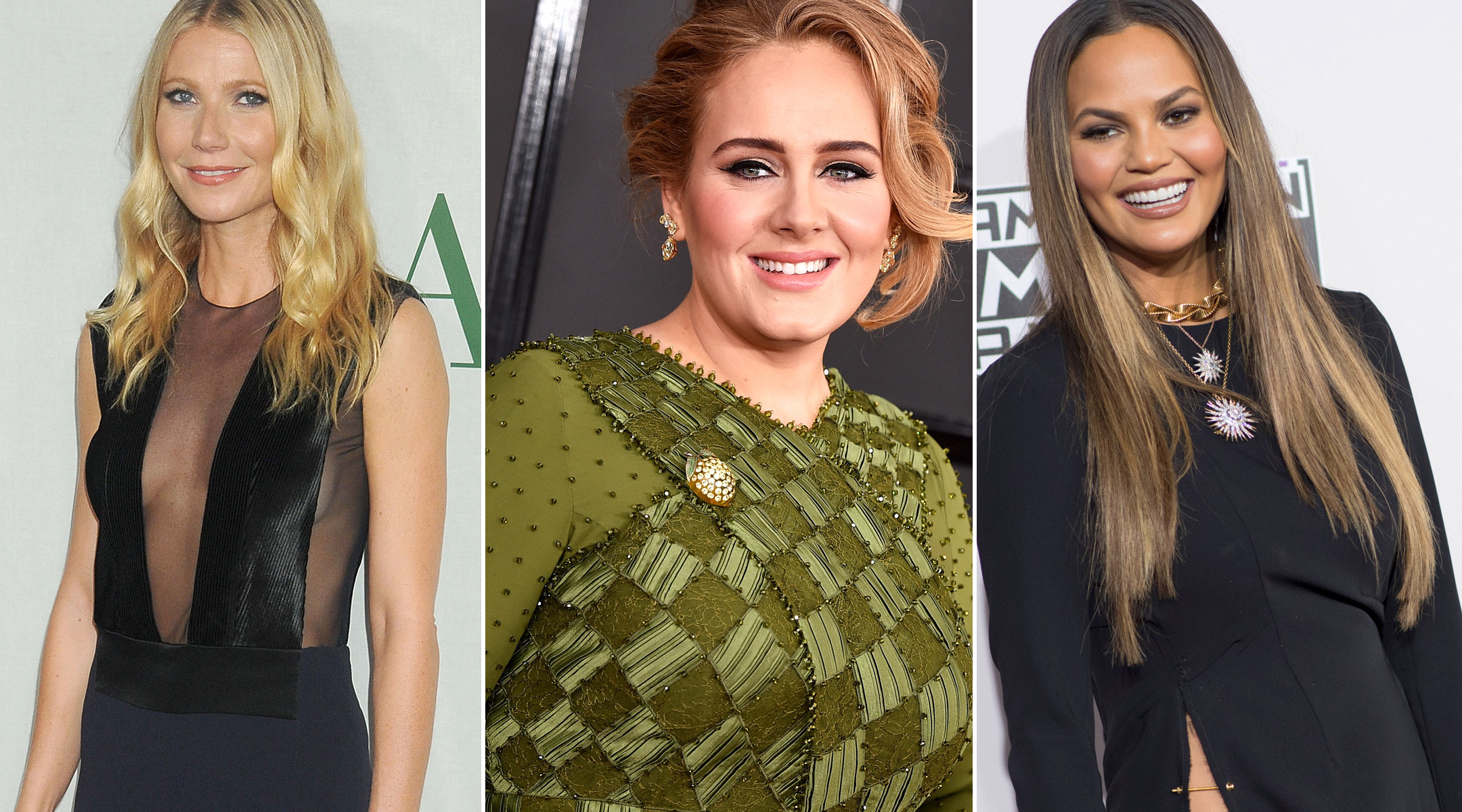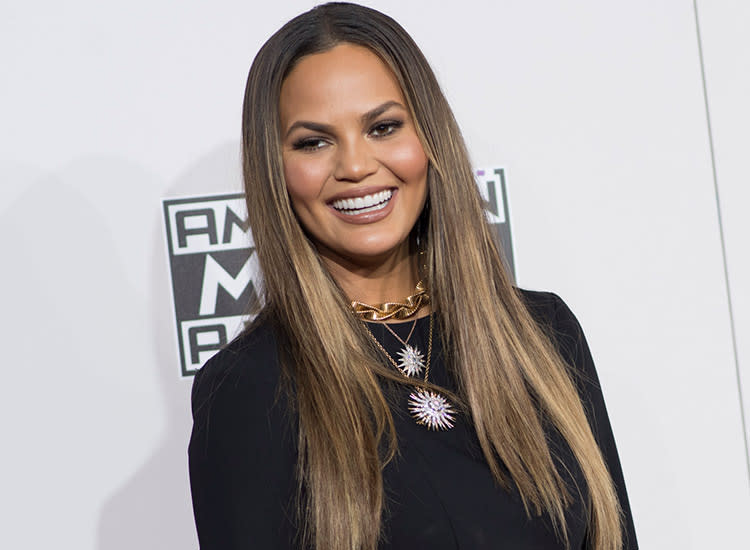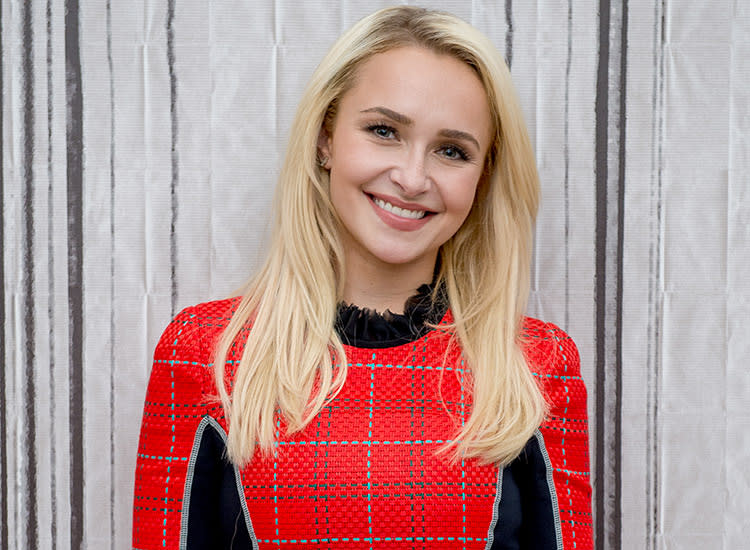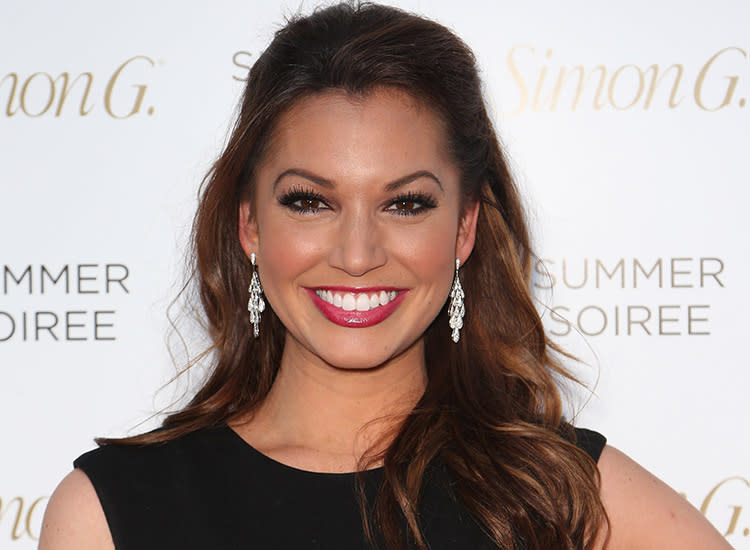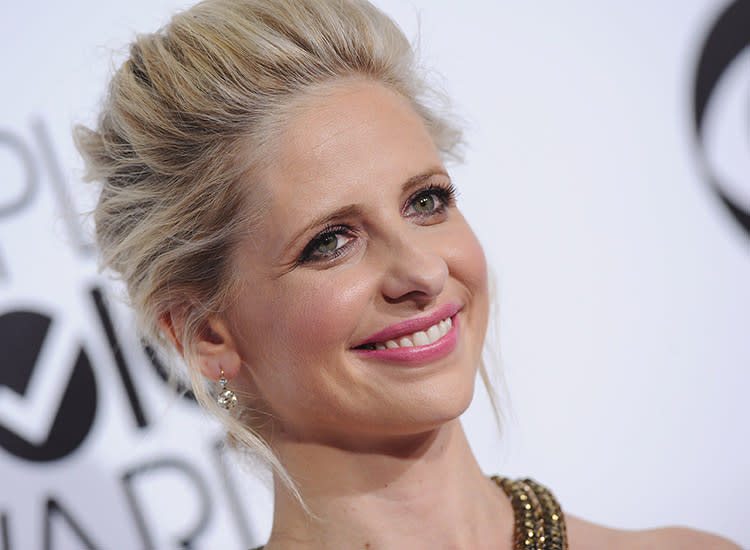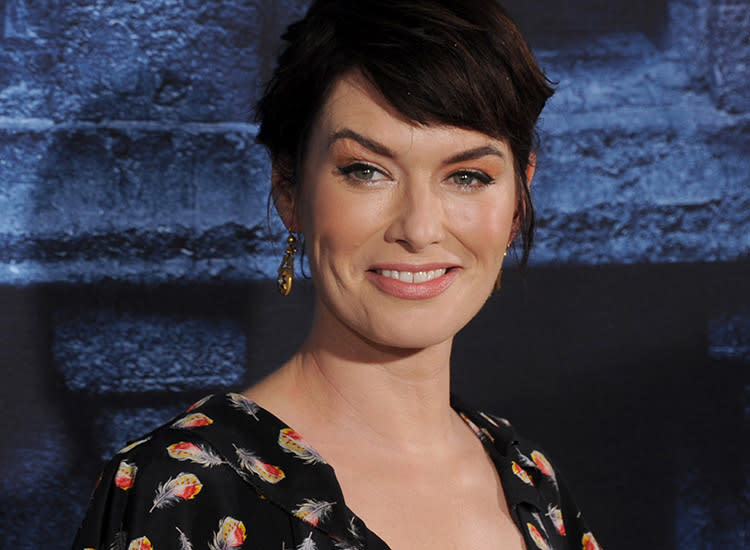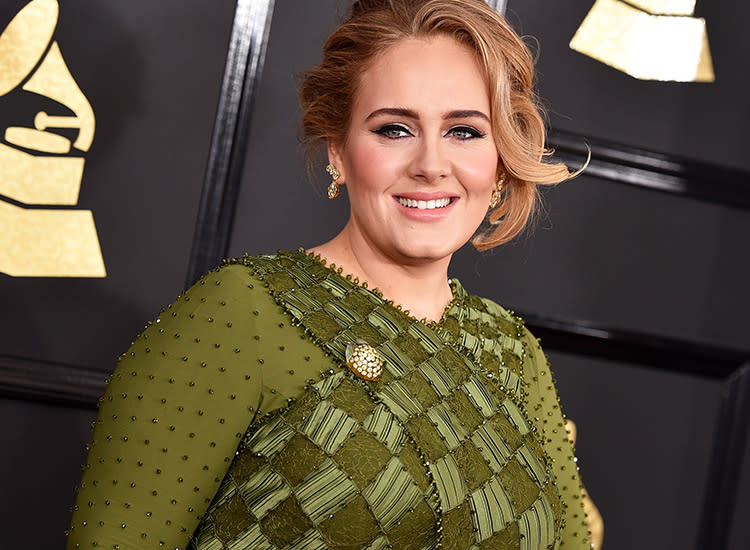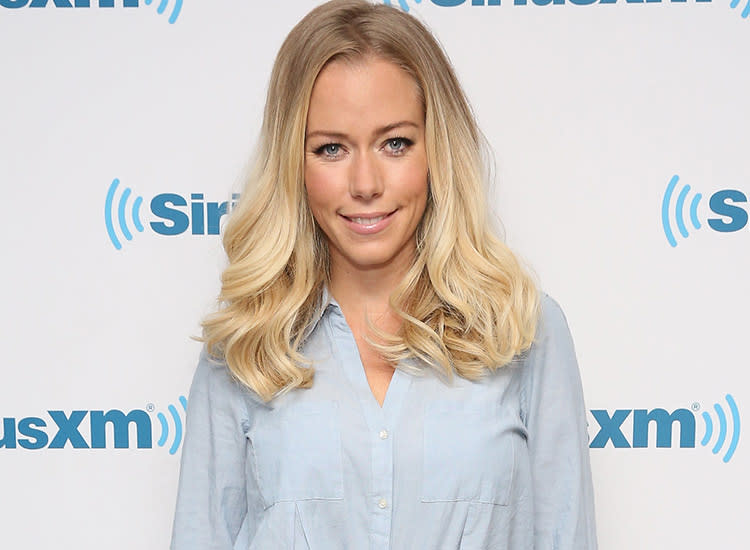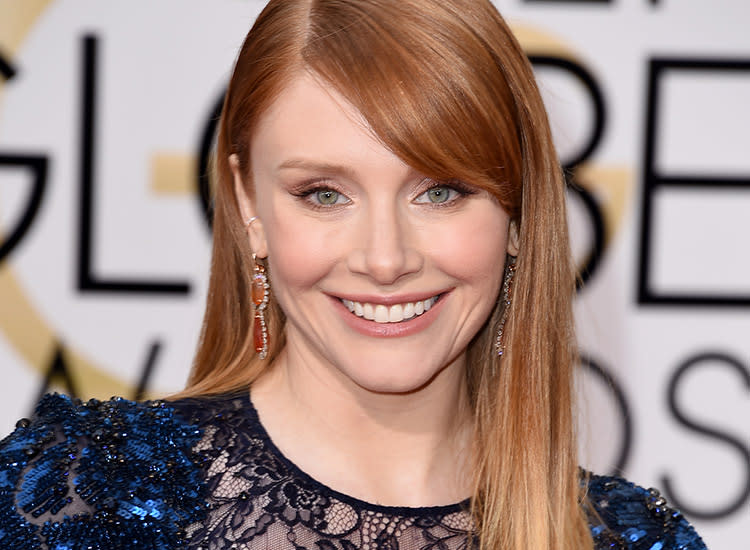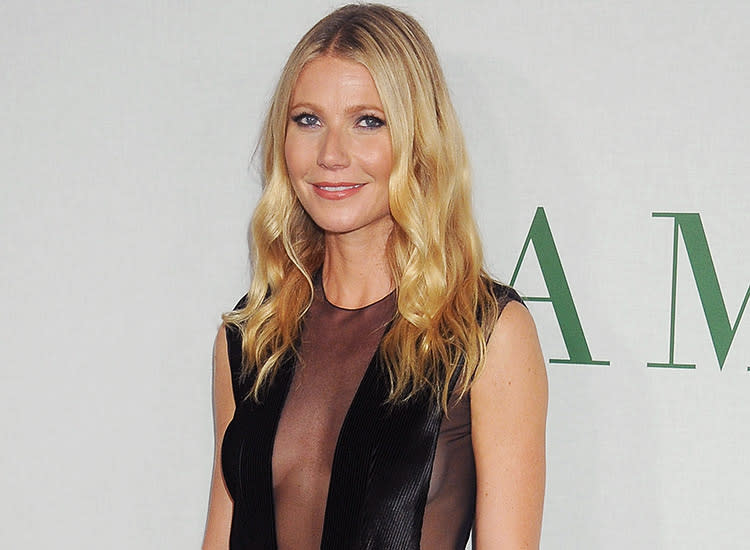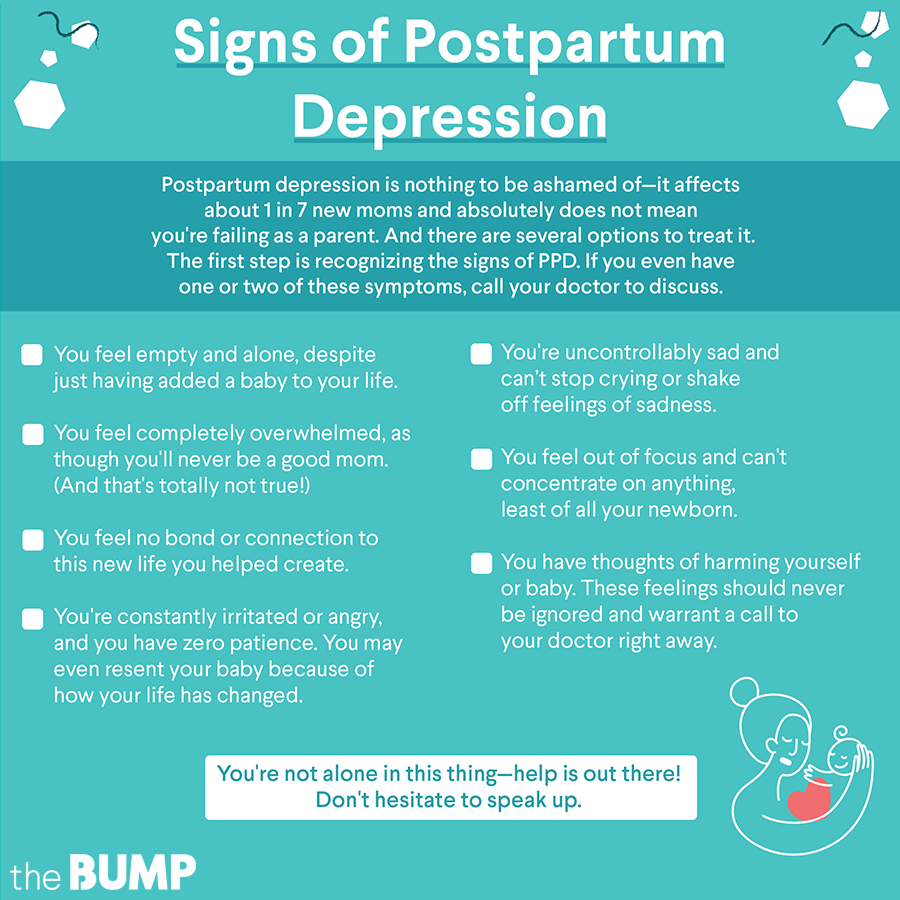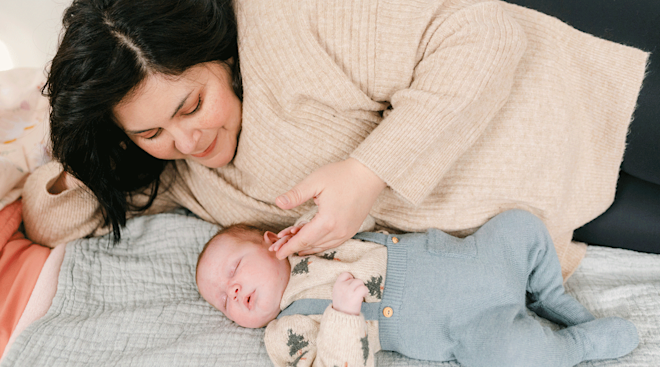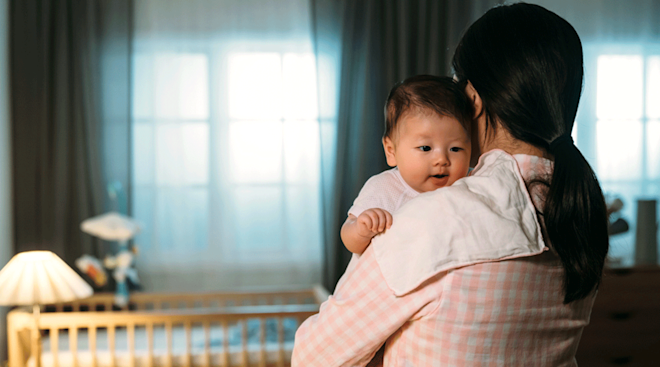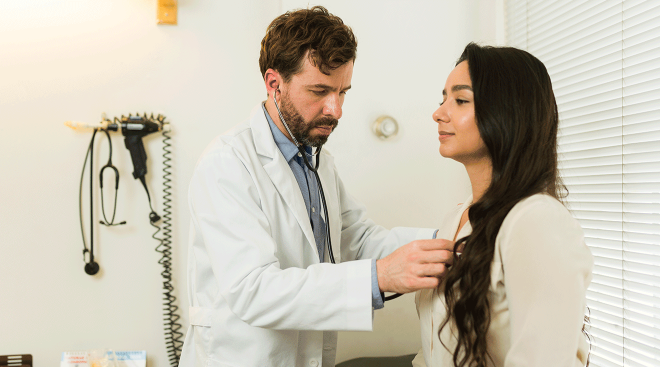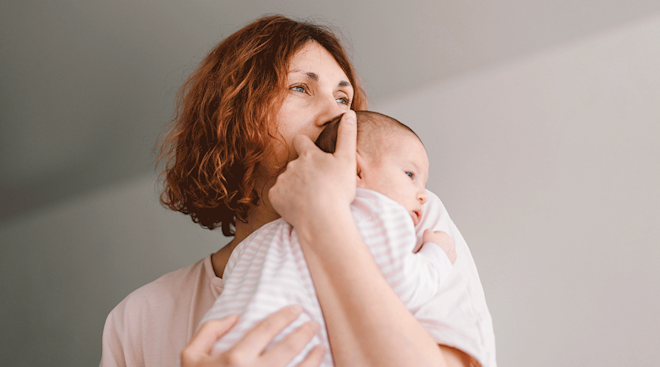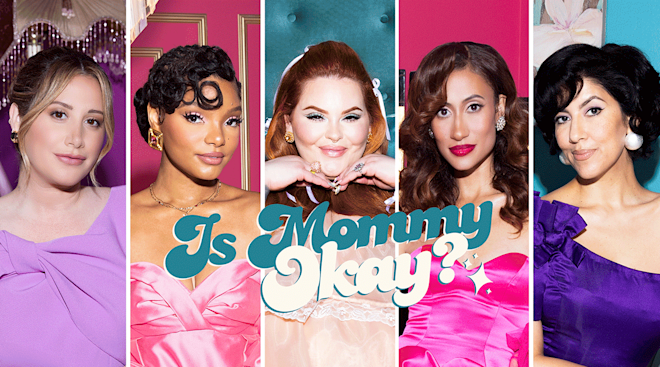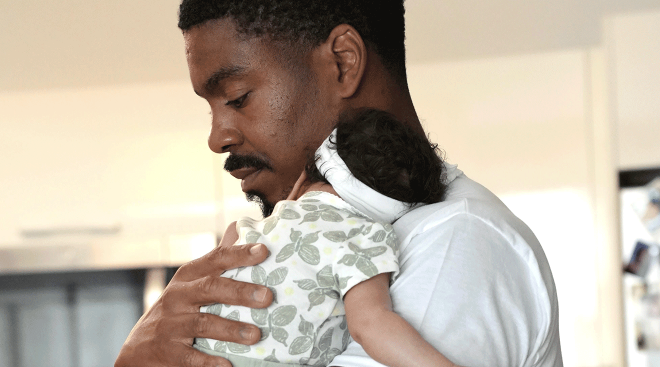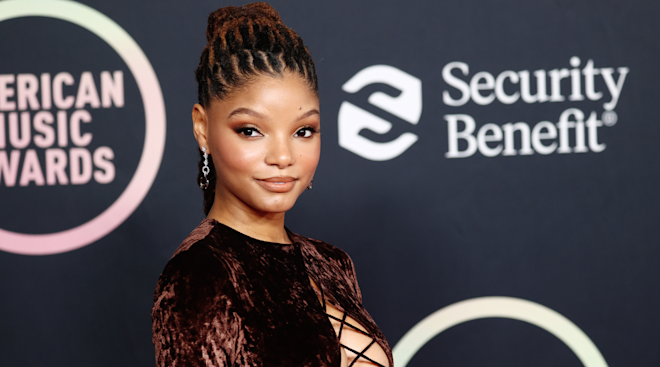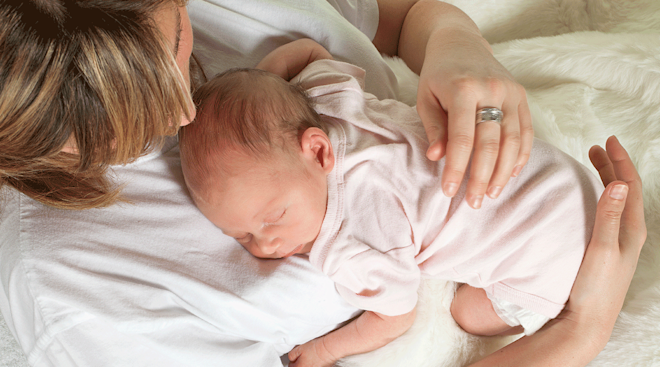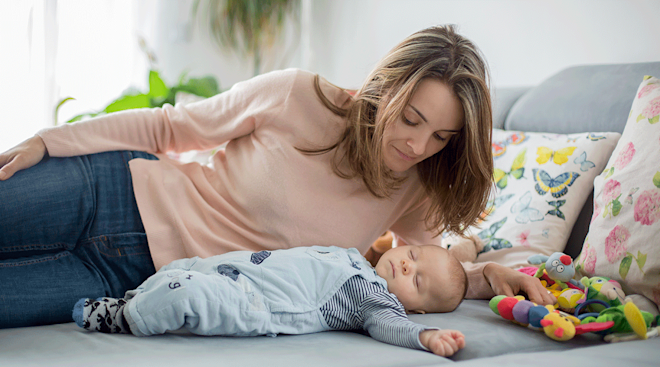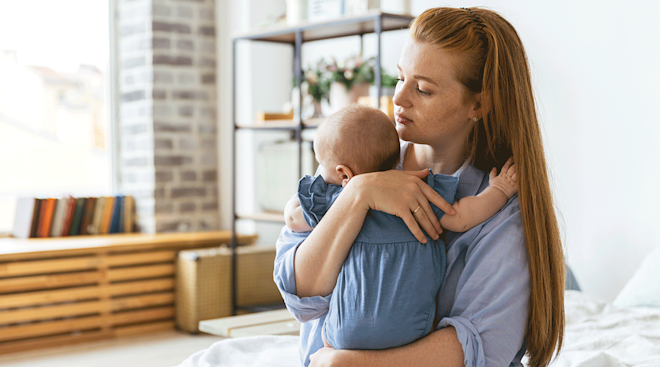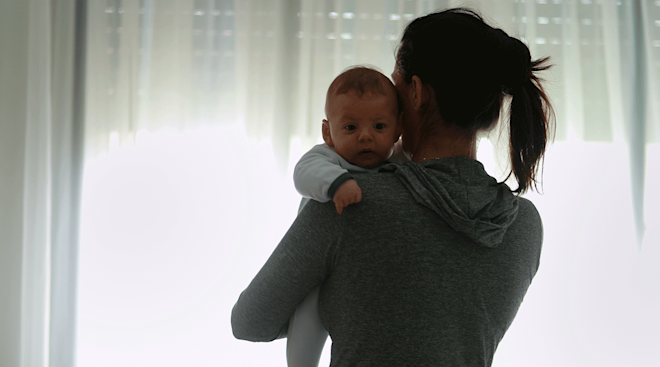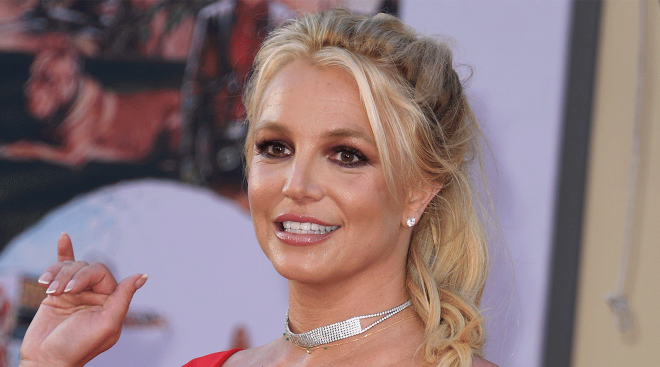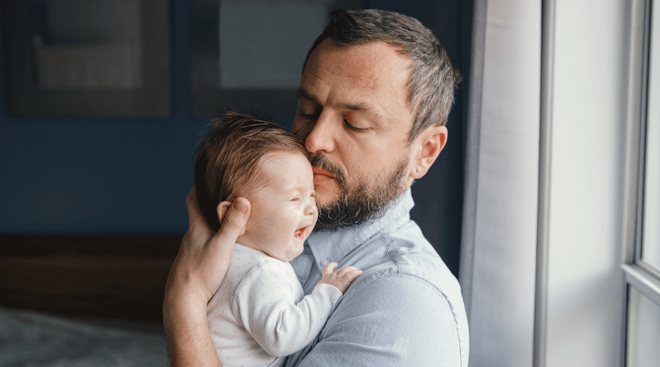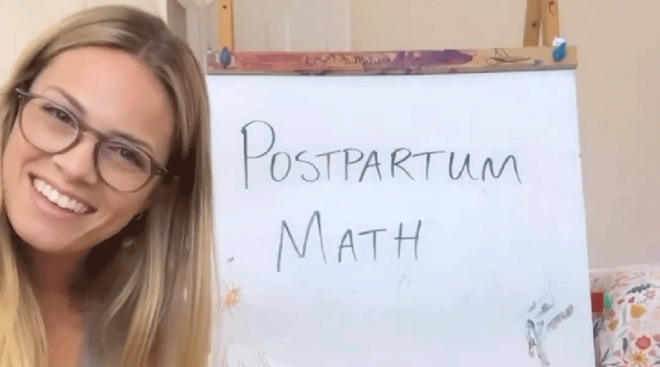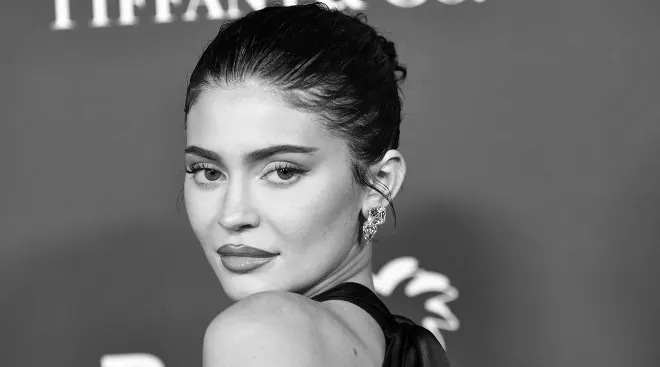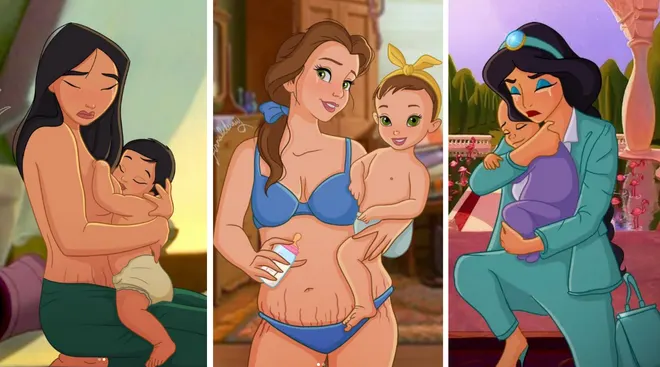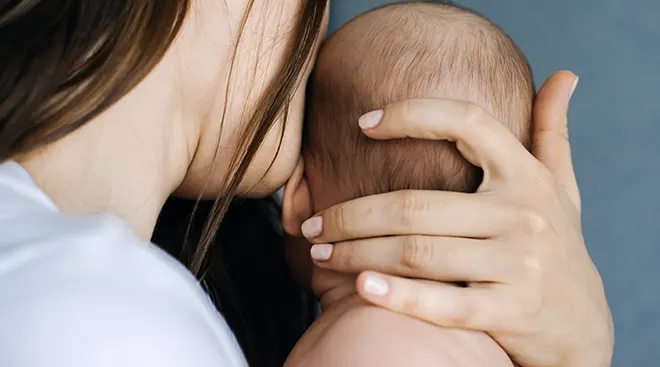10 Celebrity Moms Who Have Opened Up About Postpartum Depression
Having a baby should be one of the happiest times of your life, right? While that may be the experience for many elated but sleep-deprived moms, it’s not the case for all women. In fact, an estimated one in nine women struggles with postpartum depression after giving birth, which can cause a spectrum of symptoms, including anger and anxiety, withdrawal from loved ones and the inability to bond with baby, according to the Centers for Disease Control and Prevention.
Adding to the burden for women going through postpartum depression is an overwhelming sense of guilt for feeling this way in the first place. But in recent years, a growing number of celebrities have begun to speak out about their own experiences with postpartum depression. These women have bravely shared their stories—and how they got better—to encourage other women to open up about their own struggles. As actress Bryce Dallas Howard, who so eloquently shared her own struggles with PPD, writes, “[T]he danger of being silent means only that others will suffer in silence and may never be able to feel whole because of it.”
The supermodel has been candid about everything from her fertility struggles to stretch marks, and she hasn’t held back on her struggle with postpartum depression.
“I had everything I needed to be happy. And yet, for much of the last year, I felt unhappy,” she revealed in an essay for Glamour in March 2017. “What basically everyone around me—but me—knew up until December was this: I have postpartum depression. How can I feel this way when everything is so great? I’ve had a hard time coming to terms with that, and I hesitated to even talk about this, as everything becomes such a ‘thing.’”
Teigen says she was “short” with people, “didn’t have an appetite” and “burst into tears” a lot when she returned to work after the birth of Luna in 2016. Finally, the lack of sleep and energy, angry outbursts and isolation from friends convinced her to seek help from her doctor, who diagnosed the model with postpartum and anxiety.
These days Teigen has good days and bad days but, writes, “just merely being open about it helps.”
The First Daughter always looks poised for any challenge, whether she’s running her own multimillion fashion brand, advising her presidential father or being a hands-on mom to three young children. So it came as a revelation that Trump struggled with postpartum depression after the birth of each of her three kids (Arabella, 6, Joseph, 3, and Theodore, 1) during a sitdown with Dr. Oz in September 2017.
“With each of my children, I had some level of postpartum depression,” she said. “It was a very challenging, emotional time for me because I felt like I was not living up to my potential as a parent or as an entrepreneur and executive.” What made her experience with postpartum depression even harder to process: She had “very easy pregnancies.” "Truthfully, I didn’t know what I was experiencing. I just thought I was failing to be the best version of myself,” she said.
The Nashville star has sought treatment twice for PPD after the 2014 birth of daughter Kaya, and has been incredibly candid about how misunderstood the condition is. “It’s something a lot of women experience. When [you’re told] about postpartum depression you think it’s ‘I feel negative feelings towards my child; I want to injure or hurt my child.’ I’ve never, ever had those feelings,” she revealed on Live! with Kelly and Michael. “Some women do. But you don’t realize how broad of a spectrum you can really experience that on. It’s something that needs to be talked about. Women need to know that they’re not alone, and that it does heal.”
Panettiere was equally forthcoming a year later in 2016 when she sought treatment for postpartum a second time. “Rather than stay stuck due to unhealthy coping mechanisms, I have chosen to take time to reflect holistically on my health and life,” she Tweeted.
The Bachelorette star initially thought she had a “really bad case of the baby blues,” she told The Bump. But when postpartum depression was mentioned, “I had a massive case of denial,” she says. “I thought women with postpartum depression wanted to hurt their babies. But for me, it had nothing to do with [daughter] Ava. I had this big emptiness that you shouldn’t have right after you have a baby. I was like, I don’t want to seem like I’m not happy—it’s just that there’s something chemically wrong.”
“Usually I’m very in control with my emotions, and that had changed,” says Rycroft, who admitted to getting frustrated and angry easily. She made the decision to speak out about her experience because she felt like she was the only person going through PPD.
“I love my children more than anything in the world. But like a lot of women, I too struggled with postpartum depression after my first baby was born,” the Buffy the Vampire Slayer actress revealed on Instagram in May 2017. The message was accompanied by a throwback black-and-white photo of herself and daughter Charlotte, born in 2009. “I got help, and made it through, and every day since has been the best gift I could ever have asked for,” Gellar said.
In July 2017, the Game of Thrones actress shared that she suffered from postpartum depression while shooting season one of the HBO hit series—and because it was undiagnosed, filming was “really horrendous—I was postnatally depressed but I didn’t know it.”
“I saw a doctor for the medical check, and I just burst into tears,” she told The Edit. “She said I was postnatally depressed and I went, ‘Am I? Why is that?’” Luckily Headley got the help she needed, but recalls “the first year [on GoT] in that space, figuring out motherhood and going through a weird time personally. It was tricky.”
The singer revealed her struggle in October 2016, telling Vanity Fair she had “really bad postpartum depression” after the birth of her son, Angelo. “It frightened me,” she said, in part because it was different from the textbook definition of PPD. “My knowledge of postpartum—or postnatal, as we call it in England—is that you don’t want to be with your child; you’re worried you might hurt your child; you’re worried you weren’t doing a good job,” said Adele, who, by contrast, was “obsessed” with her son. “It can come in many different forms."
It was only after she opened up to a friend that she felt less alone, and these days, allows herself an afternoon a week “just to do whatever the f**k I want without my baby” as her way of taking care of herself.
“I was a great mom and did what I needed to, but I was definitely very depressed,” the reality star told People after the 2009 birth of son Hank. “[Motherhood is] a big change in life and it happened overnight.”
Wilkinson admits as a new mom she focused all of her attention on her son and neglected herself in the process. “At the time I was doing whatever I could for the baby, but I lost myself and it was really frustrating,” she said. “Being in the spotlight is a lot of pressure about losing the weight, [especially] coming from the Playboy world.”
In a 2010 essay for Goop, the actress revealed she gave a “numb performance of ‘delighted new mom,’ a role that seemed to fool everyone while she was in the grips of severe postpartum depression following the birth of her son, Theodore, whom she referred to as “it” —an admission the actress admits that in hindsight should have been a warning sign.
“Postpartum depression is hard to describe—the way the body and mind and spirit fracture and crumble in the wake of what most believe should be a celebratory time,” Howard writes. But eventually, with family intervention, the help of her midwife and doctor as well as reading the seminal book on postpartum depression, Down Came the Rain, by actress Brooke Shields, she began to feel more like herself.
The actress and Goop founder talked about her experience on her website. “When my son, Moses, came into the world in 2006, I expected to have another period of euphoria following his birth, much the way I had when my daughter was born two years earlier,” she wrote. “Instead I was confronted with one of the darkest and most painfully debilitating chapters of my life.”
“[I] felt like a zombie. I couldn’t access my heart. I couldn’t access my emotions. I couldn’t connect,” Paltrow later told Good Housekeeping. The lifestyle guru, recognized she needed help only after her ex-husband Chris Martin insisted “something’s wrong.” Still, Paltrow says it was hard to acknowledge that there was a problem. “I thought postpartum depression meant you were sobbing every single day and incapable of looking after a child,” she said. “But there are different shades of it and depths of it, which is why I think it’s so important for women to talk about it.”
Review signs of postpartum depression here:
Published October 2017
Please note: The Bump and the materials and information it contains are not intended to, and do not constitute, medical or other health advice or diagnosis and should not be used as such. You should always consult with a qualified physician or health professional about your specific circumstances.
Navigate forward to interact with the calendar and select a date. Press the question mark key to get the keyboard shortcuts for changing dates.
































